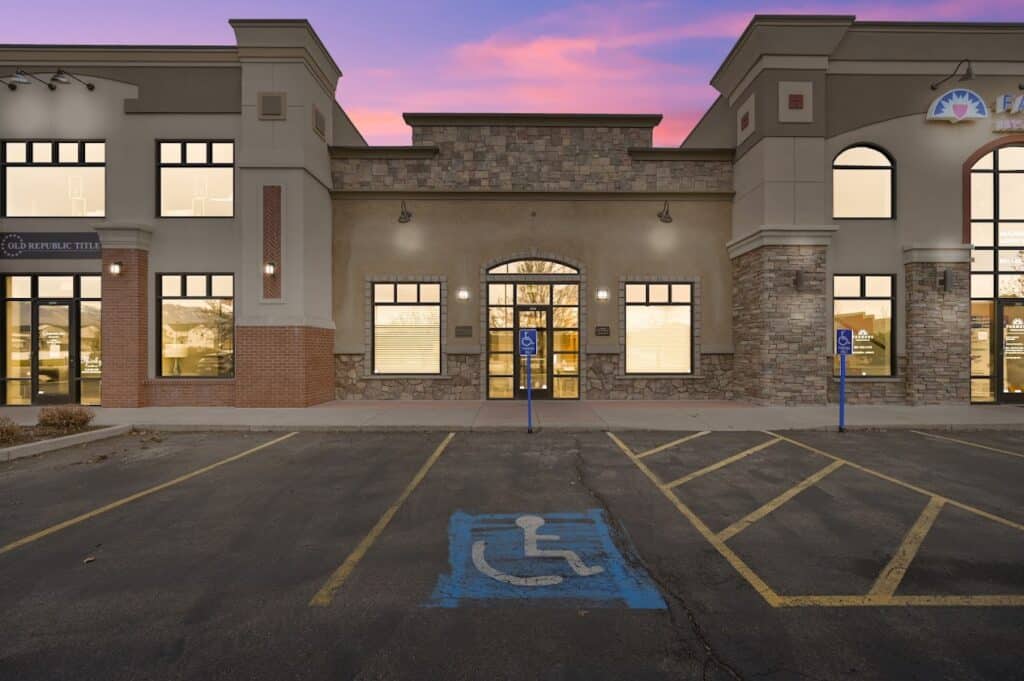Also known as clinical depression, this is the most commonly diagnosed mood disorder. It’s marked by frequent feelings of low mood, negative thoughts, fatigue and changes in sleep & appetite.
Mood disorder characterized by extreme highs and lows (mania and depression) that can each last for months. Mania can cause impulsive and sometimes dangerous patterns of behavior such as substance abuse, binge drinking and unprotected sex.
Symptoms of depression during the fall or winter months when days are shorter and filled with less sunlight thought to cause changes in brain chemicals.
Similar symptoms to Major Depressive Disorder, but are more severe and last longer. Symptoms must be present on the majority of days for at least 2 years.
Severe form of premenstrual syndrome that affects women or teenage girls before starting their period.
Makes it difficult to regulate emotions, can be characterized by long periods of sadness or aggressive outbursts.

Our residential treatment center for mental health provides 24-hour care for individuals who struggle with mood disorders. We offer therapies such as CBT, DBT & Ketamine Assisted Therapy.

Our Partial Hospitalization Program (PHP) provides clients with intensive therapy while allowing them to return to the comfort of their homes in the evening. Our PHP gradually helps clients re-engage with their community, prepare for employment, and successfully re-enter school.

Our intensive outpatient programs for mental health provide flexibility so clients can continue their daily routines such as work or school. We offer evidence-based therapies such as CBT, DBT and Ketamine Assisted Therapy tailored to the individual needs of each client.

Our family program helps build a support system to help with mood swings and stability. Clients who have mood disorders may struggle with strained relationships. Having loved ones as part of the healing process can make treatment outcomes more successful.

Mood disorders require professional mental health treatment to help manage symptoms. These can include medication such as mood stabilizers or antidepressants, cognitive behavioral therapy, family therapy, group therapy or a combination of these.
ADHD is not a mood disorder. It is a neurodevelopmental disorder that affects learning, concentration, and communication. However, it can cause symptoms that may affect one’s mood.
Anxiety (generalized anxiety) is not a mood disorder, it is a kind of anxiety disorder along with social anxiety or phobias. However, it is common for anxiety disorders to coexist with mood disorders.
Mood disorders require an official diagnosis from a mental health professional but signs that could indicate a mood disorder include rapid shifts in mood ranging from depression, mania to aggression.

We are specifically formulated to offer personalized therapeutic interventions to adult individuals with mental health disorders.

We provide a comprehensive Intensive Outpatient Program (IOP) that offers clients the opportunity to attend group therapy sessions three to five times a week.
Corner Canyon now accepts most major health insurance plans. Get in touch with our admissions team today.
